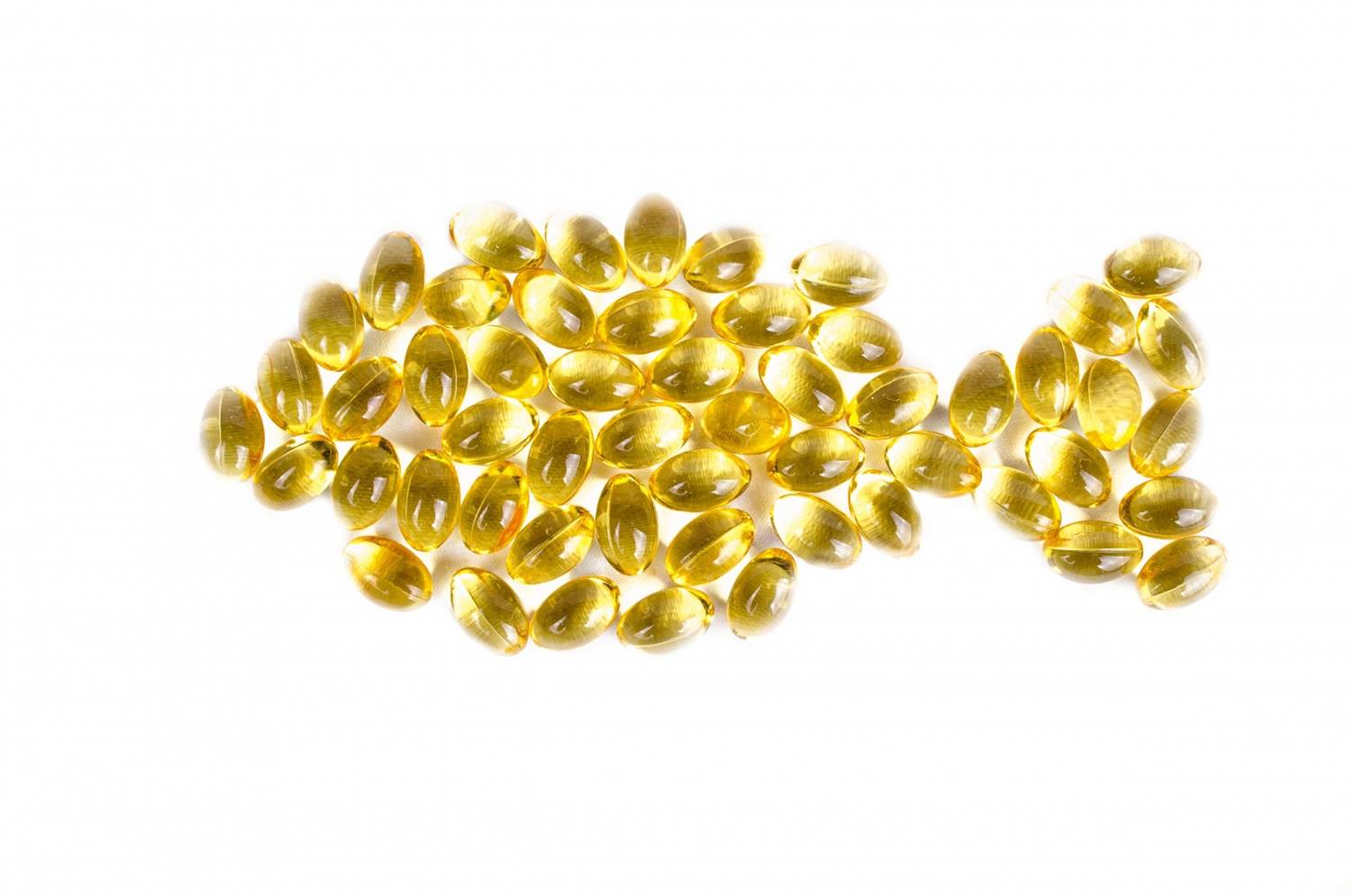Eating more foods rich in omega-3 to prevent cardiovascular disease is not warranted
According to a new evaluation by Nutrimedia, a project of the Science Communication Observatory at the UPF Department of Communication and the Iberoamerican Cochrane Centre, which evaluates the scientific certainty of messages about nutrition.

Consuming more foods rich in omega-3 acids than usual has little or no effect on reducing the risk of death or of suffering from cardiovascular diseases such as heart attack or stroke. The implicit message in some news and information according to which consuming more foods rich in omega-3 like sardines and other fatty fish or walnuts and some vegetable seeds helps prevent cardiovascular diseases is probably false, according to a new evaluation by Nutrimedia, a project of the UPF Science Communication Observatory (OCC) of the Department of Communication and the Iberoamerican Cochrane Centre, which scientifically evaluates the degree of certainty of messages concerning nutrition.
To reach this conclusion, the team at Nutrimedia analysed the best available scientific evidence on this issue in a considerable number of clinical trials, and all of the evidence reveals that the effect of consuming foods containing both animal and vegetable omega-3 fatty acids to prevent cardiovascular diseases, is nil or very small. This is true both when the effect on overall mortality or cardiovascular-related death are considered and when the number of heart attacks, strokes and other cardiovascular events are analysed.
Scientific evidence would indicate that taking omega-3 fatty acids in the form of supplements does not help to prevent cardiovascular disease either
“The degree of certainty of all the evidence currently available is between moderate and high”, highlight Abril Gorgori and Montserrat Rabassa, author and coordinator of the evaluation, respectively. “This means that it is likely that the real effect of increasing the consumption of foods containing omega-3, compared to usual consumption, is either nil or very small, but it cannot be ruled out that the results of new clinical trials may provide different results from the current ones”.
The evaluation also notes that the consumption of omega-3 as supplements does not help to prevent cardiovascular disease either. In a previous evaluation by Nutrimedia, it was shown that the intake of omega-3 fatty acid supplements could help reduce the risk of dementia little or not at all.
The degree of certainty of the results of current studies is moderate, hence it is possible that new studies may provide different results
Omega-3 fatty acids are a group of polyunsaturated fatty acids found in fish (especially oily fish, like tuna, sardines or mackerel), shellfish and some plant sources, such as nuts and vegetable oils. The recommended amount of omega-3 fatty acids can be consumed as part of a healthy diet, for example, by consuming two servings of oily fish a week. Eating a larger quantity of foods rich in omega-3 with the aim of preventing cardiovascular diseases is not warranted scientifically, as shown by this evaluation of the available research.
Evaluation: https://tinyurl.com/45v8wjtn
Full technical report: https://tinyurl.com/nzus1r3w
Nutrimedia: www.upf.edu/web/nutrimedia



